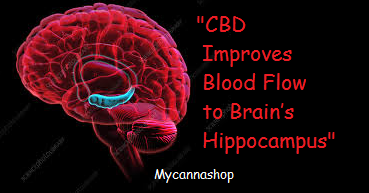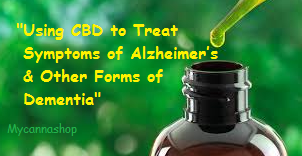Cannabidiol (CBD) increases cerebral blood flow to areas of the brain associated with memory processing, specifically the hippocampus. The findings identify a potential mechanism for the use of CBD to treat disorders associated with altered memory processing, including Alzheimer’s disease, PTSD, and schizophrenia.
A single dose of cannabidiol (CBD) helped increase blood flow to the hippocampus, an important area of the brain associated with memory and emotion, finds a new study led by UCL researchers.
Researchers say the findings could be an important discovery for conditions which affect memory, such as Alzheimer’s disease and post-traumatic stress disorder (PTSD), and could help better target therapies.
In the study, published in the Journal of Psychopharmacology, researchers set out to investigate how CBD influences cerebral blood flow in different regions on the brain involved in memory processing.
Lead author, Dr Michael Bloomfield (UCL Psychiatry) said: “Cannabidiol is one of the main constituents of cannabis and is gaining interest for its therapeutic potential.





